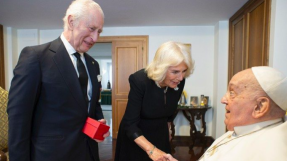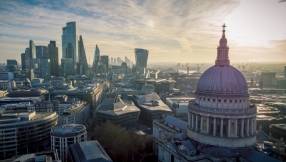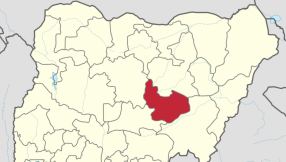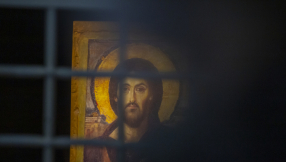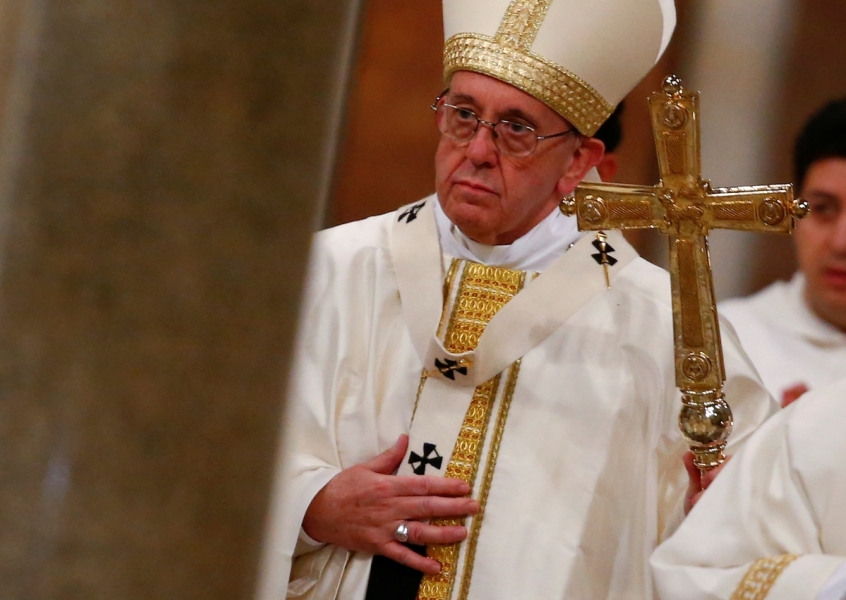
'Scandal destroys' said the Pope yesterday, calling Catholics not to live 'a double life' and urging them not to put off conversion.
In a homily delivered yesterday morning the Pope emphasised the destructive nature of scandal and hypocrisy in the Catholic Church. He was speaking at the morning Mass at the Casa Santa Marta, reported Vatican Radio.
The Pope said that 'many Christians' lead a 'double life', saying one thing, but doing another, becoming hypocrites in the process.
He said: 'But what is scandal? Scandal is saying one thing and doing another; it is a double life, a double life. A totally double life: "I am very Catholic, I always go to Mass, I belong to this association and that one; but my life is not Christian, I don't pay my workers a just wage, I exploit people, I am dirty in my business, I launder money..." A double life. And so many Christians are like this, and these people scandalize others.'
Francis described the response of many to such hypocrisy: 'How many times have we heard – all of us, around the neighbourhood and elsewhere – "but to be a Catholic like that, it's better to be an atheist". It is that, scandal. You destroy. You beat down. And this happens every day, it's enough to see the news on TV, or to read the papers. In the papers there are so many scandals, and there is also the great publicity of the scandals. And with the scandals there is destruction.'
He gave an example of a struggling company where the workers were not paid their wages and were left destitute while their Catholic boss enjoyed a vacation.
He talked about Jesus words for the duplicitous: 'Jesus talks, in the Gospel, about those who commit scandal...you will arrive in heaven and you will knock at the gate: "Here I am, Lord!" – "But don't you remember? I went to Church, I was close to you, I belong to this association, I did this... Don't you remember all the offerings I made?"
"Yes, I remember. The offerings, I remember them: All dirty. All stolen from the poor. I don't know you." That will be Jesus' response to these scandalous people who live a double life.'
Francis said that such hypocrisy comes from 'following the passions of the heart, the capital sins that are the wounds of original sin'. He called his listeners not to put off conversion.
He said: 'It would be good for all of us, each one of us, today, to consider if there is something of a double life within us, of appearing just, of seeming to be good believers, good Catholics, but underneath doing something else; if there is something of a double life, if there is an excessive confidence: "But, sure, the Lord will eventually forgive everything, but I'll keep going as I have been...If there is something saying, "Sure, this is not going well, I will convert, but not today: tomorrow." Let's think about that. And let us profit from the Word of the Lord and consider the fact that on this point, the Lord is very strict. Scandal destroys.'










